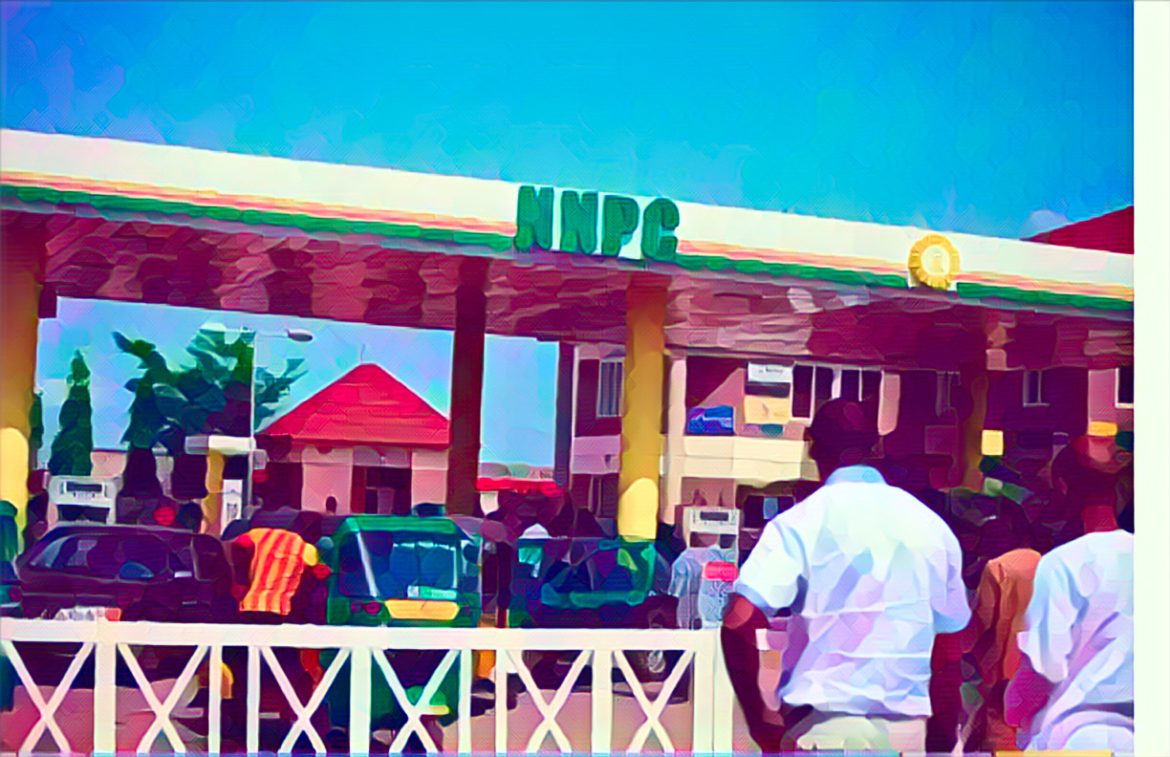KEY POINTS
- Nigeria’s NNPC raised fuel prices as part of its move to eliminate costly subsidies, placing an immediate burden on businesses and consumers.
- The government expects to save approximately $10 billion annually from the elimination of subsidies, with plans to redirect this amount into critical sectors such as infrastructure, education, and healthcare.
- The subsidy removal will likely lead to inflation, as businesses face higher transportation and production costs.
On the 10th of October, 2024, the Nigerian state-owned Nigerian National Petroleum Corporation (NNPC) finally increased the pump price of fuel by a huge margin as a direct result of the Nigerian government’s decision to remove fuel subsidies. This development is not very shocking, because the Nigerian government has been sending signals to the public for several months that it no longer wants to subsidize fuel, which is a drain on the nation’s resources. As reported by Reuters, the citizens of the country affirm that the consequences of this decision are profound and far-reaching for business, and the overall economy of the nation.
The economic impact of high fuel prices
When subsidies are withdrawn, the cost of fuel goes up and it is the businesses that feel the pinch first. Transportation being part of the core backbones of Nigeria’s economy, will increase; therefore the price of goods and services will also increase. Companies that require a lot of logistics like agriculture, retailing, and manufacturing will be pressured to either take these costs in their balance sheet or transfer them to the consumer. Since these industries are the mainstay of the economy, inflation is likely to surge in the next few months.
The freelance and remote workers, which are becoming more popular in Nigeria’s workforce, will also be affected by the new price of fuel. Most of them require reliable, cheap internet and power services; some workers have generators since the country has unstable electricity supply. With the increase in fuel prices, the cost of operating these generators is increased and this poses a threat to the productivity of the remote workers and their potential to earn a steady income.
Why did the NNPC remove subsidies?
The government has economic reasons for eliminating fuel subsidies. For many years now, fuel subsidies have remained one of the biggest drains on the federal government’s budget in Nigeria. For example, in 2022, the Nigerian government spent approximately $10 billion on fuel subsidies which is a huge portion of Nigeria’s income. In this way, the government aims at releasing funds for other essential sectors including infrastructure, education, and health.
From a fiscal perspective, this is a rational decision. Nigeria has been accumulating debts and it’s high time that it focused on projects that would yield returns for the future rather than funding subsidies that only favor a few people. Furthermore, given the fact that the world market price of oil is unpredictable, it is not feasible to rely on subsidies.
Potential benefits of removing subsidies
In the long run, the elimination of fuel subsidies may help in diversifying the economy. This way the government can promote sectors like agriculture, manufacturing, IT, and social services to create more employment and thus diversify the economy from oil.
In addition, eliminating subsidies may help to improve the energy efficiency of the sector. Since the price of fuel has been adjusted to the real market price, it may encourage more private investment into the oil and gas sector and in the long run promote better energy sources like solar and wind. Nigeria has a very rich endowment in renewable energy resources which are yet to be explored in the provision of energy and with some investment, could offer a cheaper and cleaner source of energy.
Concerns and fears
The initial impact of the fuel price hike will be felt. The worry is that although the government might have good intentions for the money that is saved due to the elimination of subsidies, these intentions could be defeated by inefficiency and corruption. The people of Nigeria have always doubted how the government handles public funds, and there is reason to believe that the money that is to be generated from the removal of the subsidy will not be well channeled back into the important sectors.
However, one must question the timing of this policy. While inflation has already surged and the unemployment rate has started rising, many people believe that this fuel price hike would drag the economy into further recession. The average Nigerian cannot afford these new fuel prices and with no well-thought-out social protection system in place, the country faces the real possibility of an economic disaster.
A necessary, but painful, transition
The recent action by the NNPC to increase fuel prices is a turning point in the Nigerian economy. However, this is a very important step for the country’s fiscal future, but it is very painful for the common people and business entities in the short run. This policy will only be successful depending on how the government handles the funds that are likely to accrue from the removal of subsidies and whether the government will find ways of easing the social impacts of the policy on the most affected groups of people.


